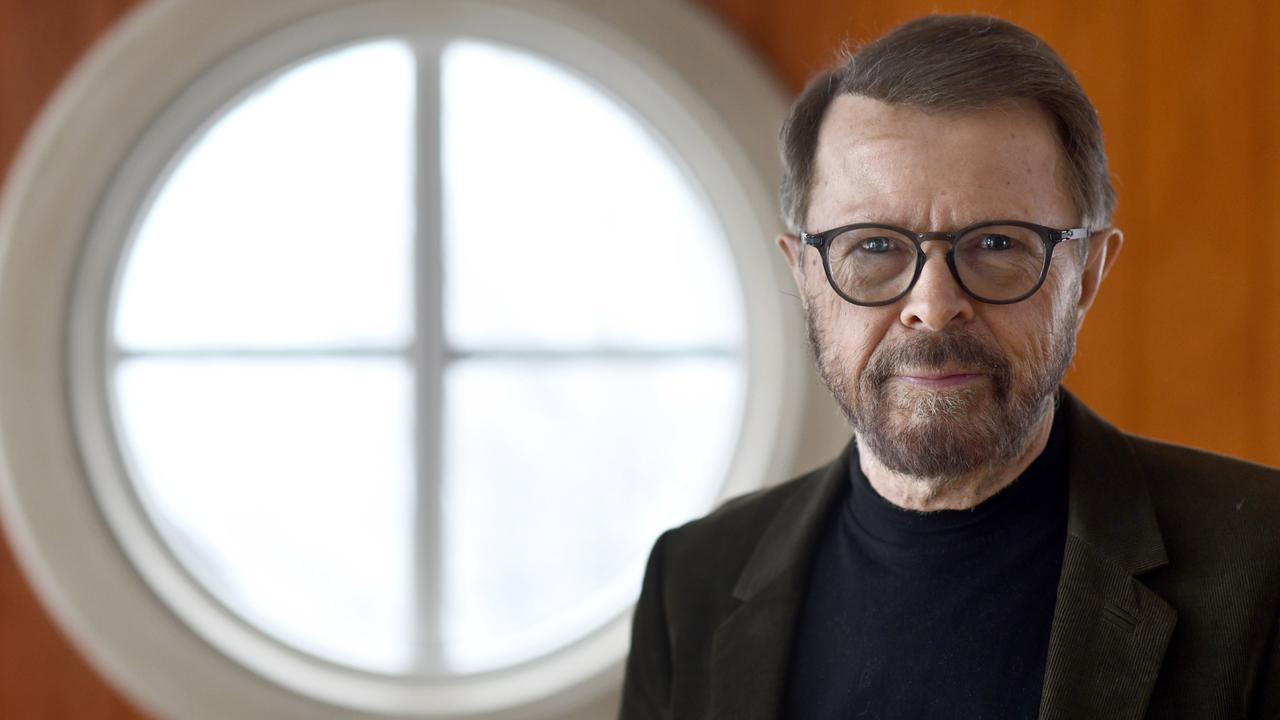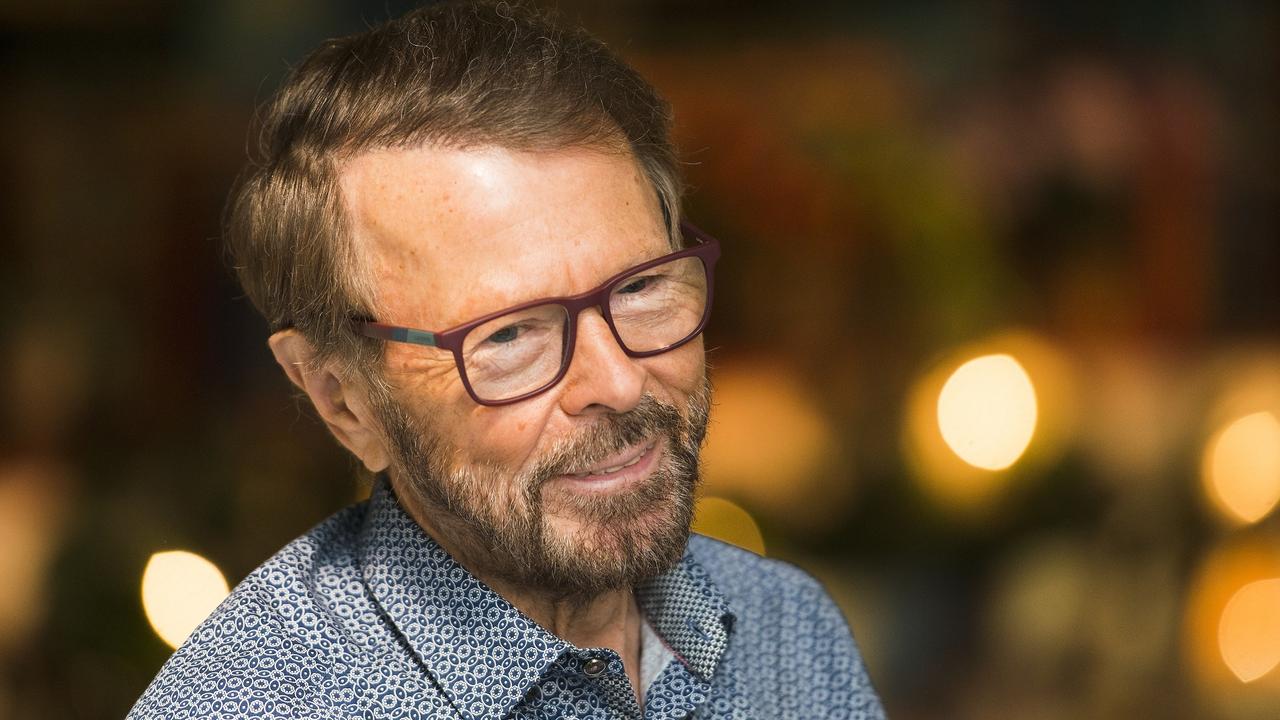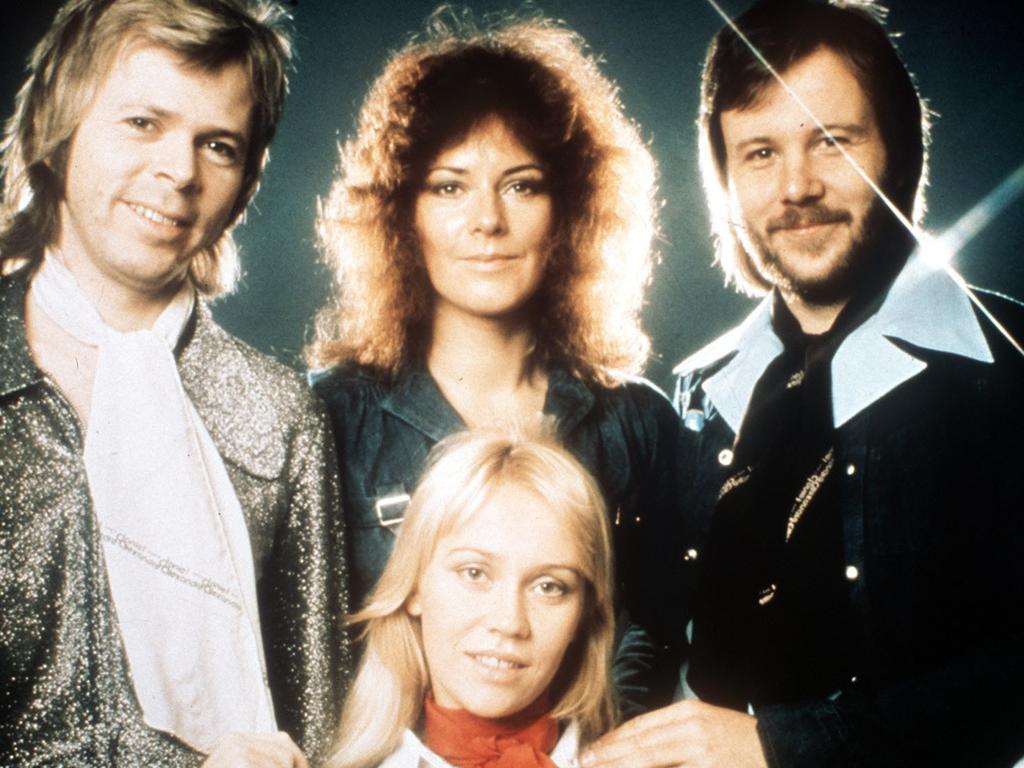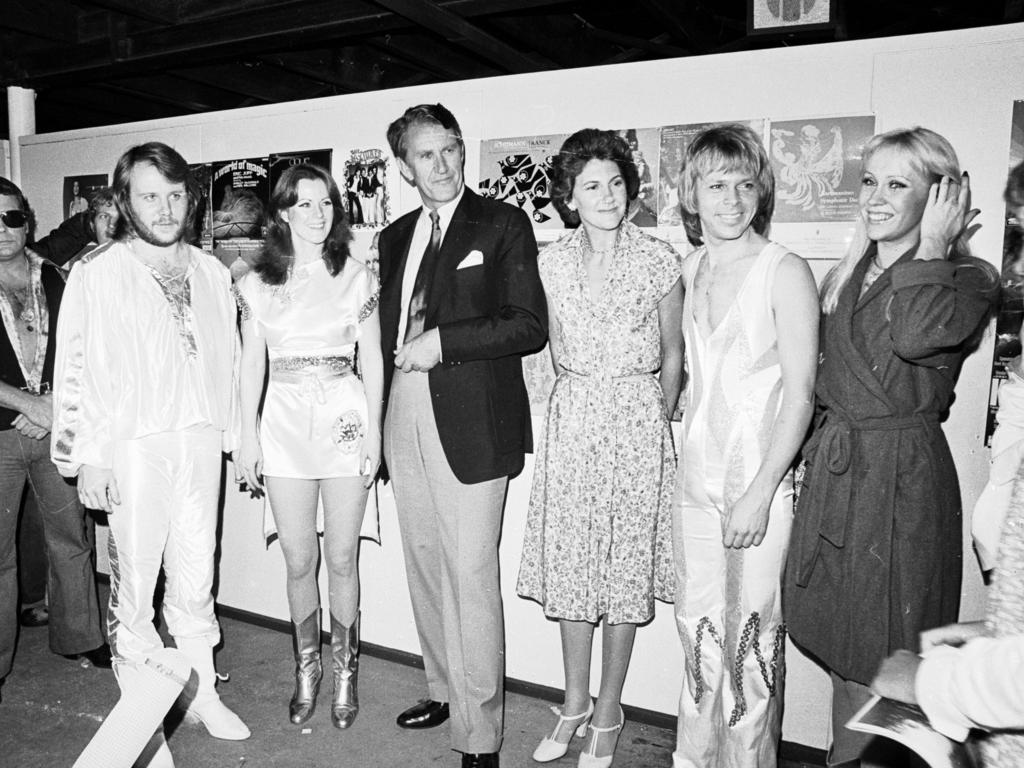ABBA: Bjorn Ulvaeus pushing for streaming services to pay songwriters fairly
ABBA’s Bjorn Ulvaeus admits the pop icons would struggle if they were launching in today’s world, as he pursues a rebalance of the song economy.

Bjorn Ulvaeus admits if ABBA were starting out today their intricate brand of sophisticated pop wouldn’t last a second in the modern world of short-attention-span music.
“(1976 No. 1) Fernando has two verses before you even get to the chorus,” Ulvaeus tells News Corporation.
“That song wouldn’t stand a chance if we released it now.
“I don’t think Benny (Andersson) and I would have made it in today’s world at all. It’s a much more fierce competition for songwriters now than it was back in the ‘70s.”
Last year Ulvaeus, who has sold over 400 million records as part of Swedish pop masters ABBA, was appointed President of CISAC, the International Confederation of Societies of Authors and Composers.
“I wouldn’t claim I have as much power as some other Presidents, but I am officially a President,” Ulvaeus, 76, jokes.

The role sees him use his influence and position to advocate for over four million songwriters around the world, where today’s minuscule royalties from streaming services mean even a global hit streamed millions of times may only net them a few thousand dollars.
“I’ve known all my life the song is at the centre of the music industry – its most valuable asset is a good song. Yet the songwriter has always been at the periphery. I wanted to change that, change the way they are getting paid. This music ecosystem is dysfunctional. The pandemic has shone a light on that.
“When the artists realised they couldn’t tour any more, they suddenly saw that streaming is their only income and they can’t live off streaming royalties. Welcome to the world of songwriting, that’s what it’s like for songwriters all the time.”
Ulvaeus commissioned a report, Rebalancing the Song Economy, which finds that while profits from streaming continue to grow, the majority of income goes to record labels, before it trickles down to publishers, who pass it on to songwriters.
Other findings include that 60 per cent of people think the song matters more than the artist who sings it, and that 71 per cent of music subscribers believe streaming services should pay songwriters fairly.


“Everyone can see that the division (of royalties) is not fair, it has to change,” Ulvaeus says. “I’m all for streaming, I think there’s a great future for songwriters, it’s just that the ecosystem needs to be adjusted so that no one is unhappy.”
Ulvaeus is pushing for key changes. One would be a subscription system for streaming services like Spotify and Apple Music where a subscriber’s monthly fee goes directly to the artists they actually listen to, rather than the current system where all the money goes in a big pot which is then distributed to all artists, favouring the “mega streamers”.
“Under the user centric model niche artists could actually live off their streaming income, more or less. But now they just get a pittance. That’s one thing I want to bring to the attention of the general public, I’m sure they want their subscription money to go to the people they’re fans of.”
He also wants to differentiate between ‘lean in’ songs, which are ones someone deliberately plays, from passive ‘lean back’ songs, which may appear in a playlist, and would like music subscriptions to rise, even if only by a few dollars.


“Streaming figures went up last year, as expected. People may have realised being isolated at home how much music means to them and how cheap it is. You still get the whole entire history of music for $9.99. That is devaluing music, I think. We could at least make it $12 or $13.
More money for songwriters could stop them chasing any avenue to make money and focus on their craft.
“I was in the same kind of rat race a lot of the songwriters are in when they have to take all these different gigs and they can never slow down and concentrate. Benny and I could do that after Waterloo, when the copyright money came in we said no to everything else and just went 9 to 5 writing and recording for ABBA.”
Ulvaeus is tight-lipped about the five new ABBA songs recorded by the original quartet, beyond promising they will “definitely” come out this year.
Next year will mark the 50th anniversary of ABBA’s first single, People Need Love. “That’s incredible,” he says.
“We’re really, really good friends. The four of us stand in the studio for the first time in 40 years and there’s just something in knowing what we’ve been through. It’s hard to describe, but there are such strong, strong bonds between us.”
Bjorn still has fond memories of the band’s sole Australian tour, in 1977, was captured on film as part of ABBA the Movie.
The band arrived on the back of a string of hits, with Countdown “virtually saving” the band who had been written off everywhere in the world as one hit wonders after Waterloo won Eurovision in 1974 – “we are eternally grateful for that.”
“We weren’t very keen on making a film back then, but it’s good that it exists now. We have some kind of documentation of those days. We didn’t film anything other than that tour in Australia. Lasse Hallstrom, who was the director, he wrote the script on the plane on the way over, or so the story goes, made it up as we were going along. He had us doing these little scenes, we were so nervous about the shows themselves, the things we had to do for Lasse for the movie were such a pain in the neck. But we did them, and I’m happy we did.”
cameron.adams@news.com.au




